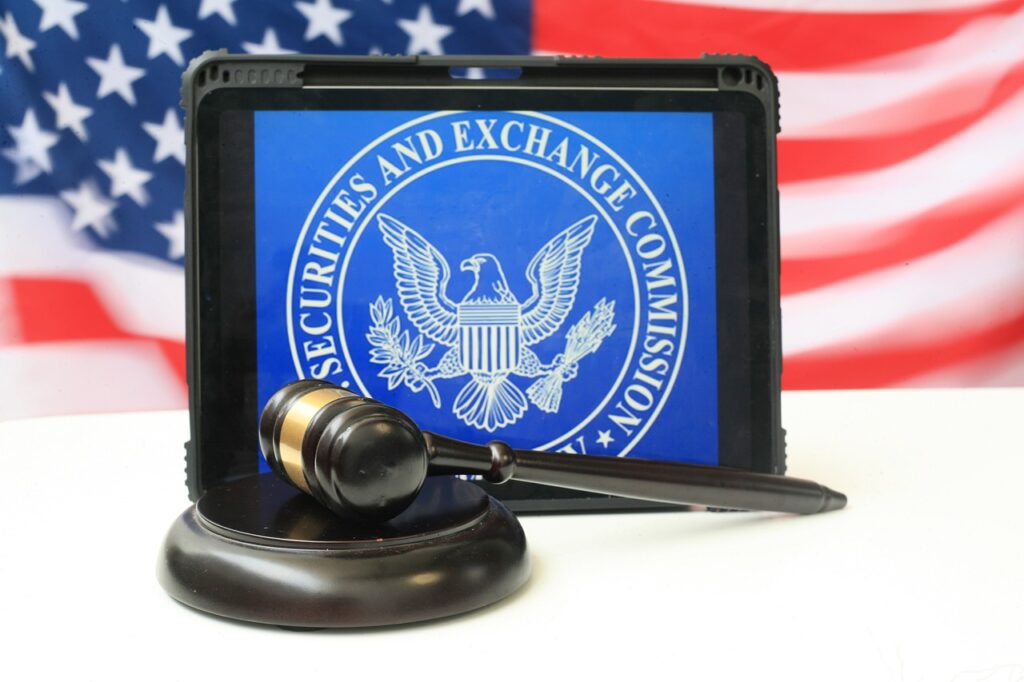Posts Tagged ‘SEC’
Decoding the SEC’s New Rules: Understanding the New Definition of a ‘Dealer’ in Securities Law
By: Cassy Sulzer On February 6, 2024, The Securities and Exchange Commission (“SEC”) implemented two new rules in the Securities Exchange Act of 1934 (“the Act”): Rule 3a5-4 and 3a44-2.[1] These rules introduce ambiguity regarding the classification of individuals as “dealers” or as “traders,” crucial for determining registration requirements with both the SEC and self-regulatory…
Read MoreHow Courts Are Navigating the Constitutional Debate Around FINRA’s Enforcement Authority
By: Hannah Lief Alpine Securities Corporation (“Alpine”), a broker-dealer, is challenging the delegation of authority by the Securities and Exchange Commission (“SEC”) to Financial Industry Regulatory Authority (“FINRA”) in Alpine Securities Corp. v. Financial Industry Regulatory Authority, Inc.[1] The lawsuit arises out of Alpine’s constitutional challenge to FINRA’s enforcement of securities regulations.[2] During district court…
Read MoreWhat the Shell? Understanding the SEC’s Latest Rule for SPACs
By: Liam Sullivan Last month, SEC Commissioners adopted new rules regarding special purpose acquisition companies (SPACs), concluding a years-long effort to increase transparency and protections around investments in SPACs and the acquisition (de-SPAC) and initial public offering (IPO) of existing companies using this investment vehicle. The SEC turned a critical eye towards SPACs during a…
Read MoreHow Social Media Influencers may be Violating Depression-Era Securities Laws
By: Seth Bilbrey With venture capital firms and other investment companies flocking to social media to promote investment projects, courts are being forced to look at a depression era securities law to determine what exactly a “seller” is.[1] The 1933 Securities Act (“Securities Act”) has allowed investors who have purchased unregistered securities, or who were…
Read MoreCourtroom Showdown: Potential Game Changer for Securities Fraud Claims and Disclosure Practices – the Moab v. Macquarie case
By: Cassy Sulzer On September 29, 2023, the U.S. Supreme Court granted certiorari to hear the Securities and Exchange Commission (“SEC”) disclosure liability case of Moab Partners, L.P. v. Macquarie Infrastructure Corp.[1] The Supreme Court will consider whether a failure to make a disclosure required under Item 303 of Regulations S-K of the Securities Act…
Read MoreGrappling with the Implementation of the SEC’s New Cybersecurity Disclosure Requirements
By: Olivia Woodmansee In July 2023, the Securities and Exchange Commission (“SEC”) voted to adopt a final rule on cybersecurity disclosure for public companies.[1] The rule is predicted to fundamentally alter most, if not all, public companies’ incident response processes.[2] The SEC now requires companies to disclose material cybersecurity incidents via Form 8-K within four…
Read More


